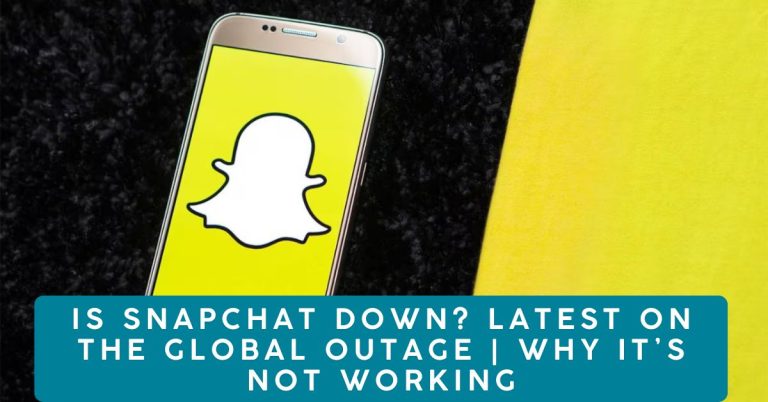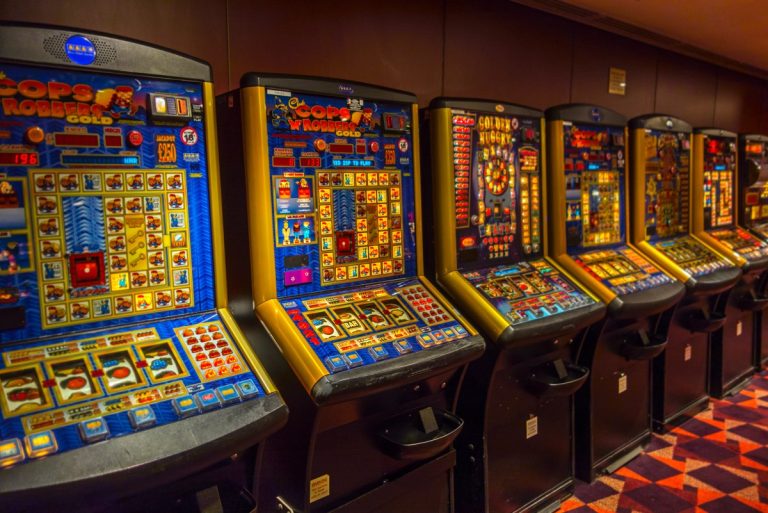How Social Media Influencers Skew Gambling Expectations, Including Bonus Gameplay
Much of the public discourse around controversial topics tends to refer to the safety of internet denizens, especially those exposed to unsanctioned or veiled advertisements. In the same sense, the open, direct, and unabashed tendency to advertise and promote things close to the border of illegality is just as much of a source of discussion.
Online gambling is certainly a topic that has garnered an incredible tide of heated discourse. Its proponents see it as a normal and highly popular source of entertainment that can generate incredible revenue, especially due to taxation, create jobs, and discourage the black market by providing a better, safer, and legal alternative.
However, its detractors are seeing all kinds of societal effects, from financial instability for consumers (gamblers) and mental health woes to a tidal wave of practices that endanger public safety, especially that of the children exposed to this activity from a very early age. It’s a wider symptom of the internet, especially with how easy it is to access its nefarious sides.
In this article, we will talk about a certain phenomenon that intersects these topics: online gambling social media influencers. Given that they’re particularly easy to find and follow once the almighty algorithms detect engagement around their content, their influence makes it so that online gambling products and services have become a significant subject of their content.
As such, we will examine this particular phenomenon, analyze how it warps the truth about digital gambling and its much-coveted bonuses, and explain what to do in such circumstances.
The Significance of Influencers on the Gambling Market
Social media influencers receive their name from the fact that they exert an unusual amount of sway over a certain sector of the public’s perceptions. Their taste, moves, and opinions are a form of idealization and confirmation bias that audiences seem to value more than their own reality. It’s a way of presenting the world in an often artificial way, creating a sense of community around nothing more than parasocial relationships.
Naturally, not all influencers are in the same vein. Some are people with a certain calling, skill, or even job who are harnessing communities and simply showcasing what they have learned via their specialization to a wider mass of people. There is merit in following someone for their expertise and value to a field that you have an interest in.
In the case of online gambling, things are very much in the style of the first paragraph of this section: an engagement farm full of catchphrases, manufactured excitement, and an indirect dispensation of thrill. It also creates a sense of safety and attractiveness to an activity that some, especially young people, do not know much about. It may sound educational, but it’s a simple influence rather than factual education.
An article on celebrity and social media influencers in the gambling market indicates in some of its reflective thematic conclusions that young people find these advertisements to be more appealing, attention-grabbing, and signs of legitimacy and social acceptance. This study, based on Australian focus groups, talks about an unmistakable shift in young (12–17 years old) people on the internet when it coems to how they perceive gambling.
However, it is in the best interest of a serious presentation that we stratify it and talk about skewed perception and problematic practices.
Ad disclosure
Depending on where exactly you’re from, the regulations regarding a legal gambling market will always ask for full disclosure when certain content is promotional and serves as an advertising. We’re talking about banners, tags with the #ad moniker, or even a call to action promoting responsible gambling solutions after the main body of the commericial/advertisement.
With social media influencers, the promotion is, in general, a veiled affair. They are simply playing games, obtaining exciting results (especially when they use rigged models), or making fun of their own losing streaks. Their presentation, powered by their own charisma (or personal assets), filters everything else from the act of gambling, only presenting the entertaining side.
They are not promoting the game or the online casino they’re playing by recommending it. Rather, they are showcasing the model by acting as regular consumers/players. They neither confirm nor deny whether they benefit from this content via an under-the-table agreement.
Exposure to minors
Given the relative lack of filtration or verification checks required to access social media, there are rarely any methods of keeping children away from online gambling content. Moreover, many regulated markets allow directly visible advertisements in public places, on television, or just via website banner ads.
What this proves is the fact that social media influencers can appear almost anywhere in some form of fashion, which makes exposure to gambling rather inevitable. Yes, there are educational campaigns or disclaimers about age restrictions for the gambling content, but the intrigue will always be there.
Social media influencer content, especially the one centered around high-stakes, high-volume, and high-intensity sequences, can easily reach minors. It’s one of the reasons why Twitch banned most gambling content in 2022.
Given that there are rarely any disclaimers or additional informational content, it’s very easy for them to take the gambling activities that they see at face value and associate losing tremendous sums with having fun.
Warped or inconsequential presentation of the terms and conditions
In the context of a bonus usage or other facets of online gambling that imply technicalities, there is a direct lack of clarity in social media influencer content of iGaming. Even if an influencer directly states that they have a relationship with an operator by promoting some exclusive offer, rarely do they mention what they imply.
It’s easy to redeem an online casino bonus that is marketed by such a public figure and consider it to be flawless because they recommended it. However, any promotion put forth by an online gambling platform will have very strict terms and conditions that have a direct bearing on one’s experience playing that offer, which requires a certain level of understanding of the industry.

If someone redeems it and uses it without knowing what they’re doing, choosing to go in that direction purely because an influencer recommends/encourages it, we’re simply talking about an irresponsible approach. If they’re openly promoting it, they should at least stick around and explain what those terms and conditions mean.
What would powerful regulatory enforcement mean?
In another 2025 article on influencer-driven gambling content, the very first phrase of the abstract starts by pressing the issue of absolutely necessary regulations that would reduce exposure to this type of content. The principle, which one would be able to extract by simply reading what we’ve been typing above, is that there needs to be strict regulations on that.
They would mean grievous penalties for those who do not disclose that they’re advertising gambling services, a direct ban on various marketing campaigns that can reach all kinds of vulnerable groups, and an increase from the slapstick, monetary fines, to direct commercial penalties that affect operators as well, not just those whom they pay.
Conclusion
To conclude, the best way to safeguard yourself from the harms of gambling is to either stay away from it or learn about its technicalities, details, and risks. These are the main vectors of responsible gambling, which are absolutely essential because you truly need to gamble responsibly if you choose to delve into this activity.





